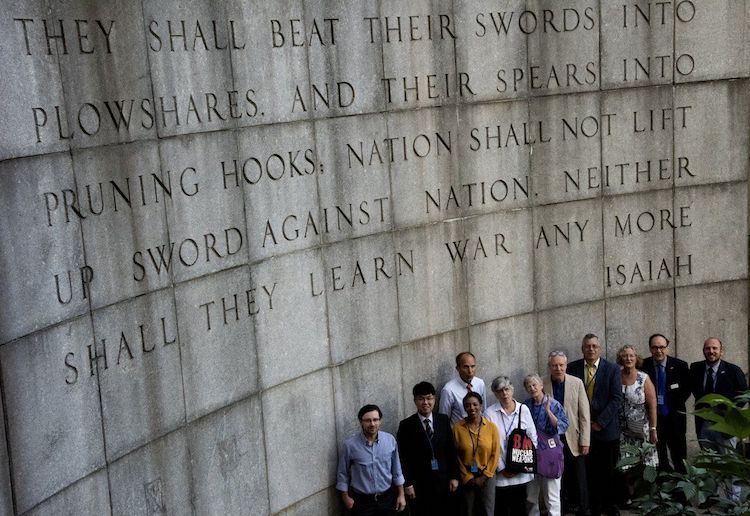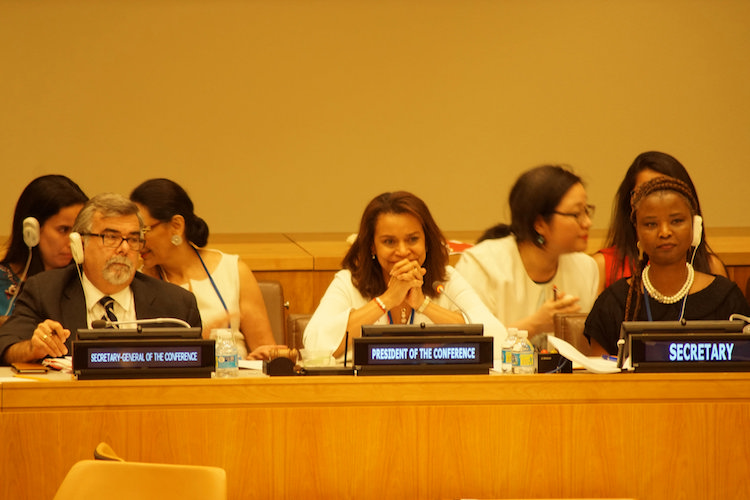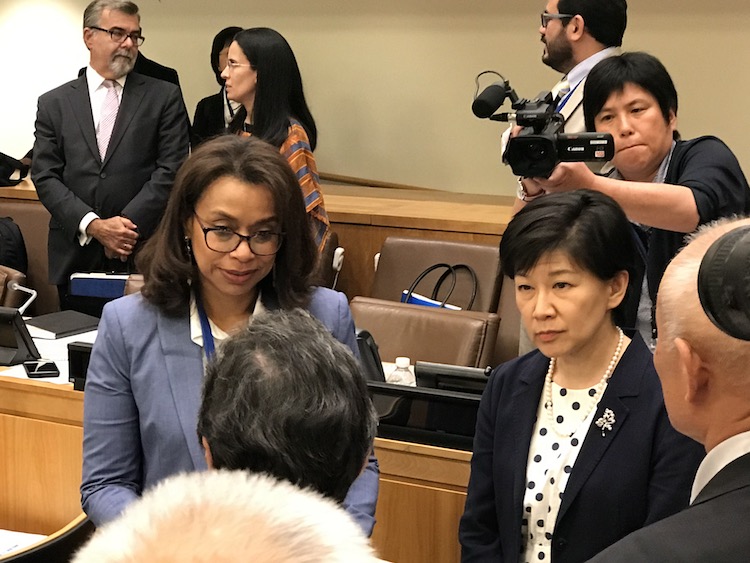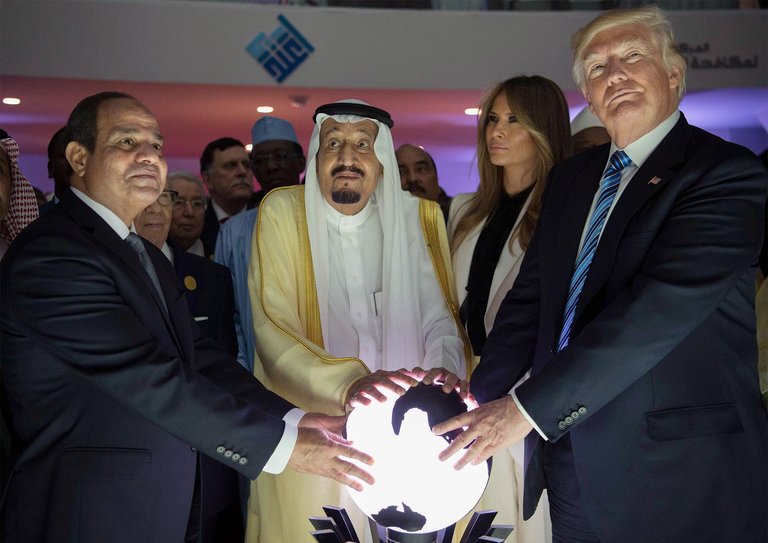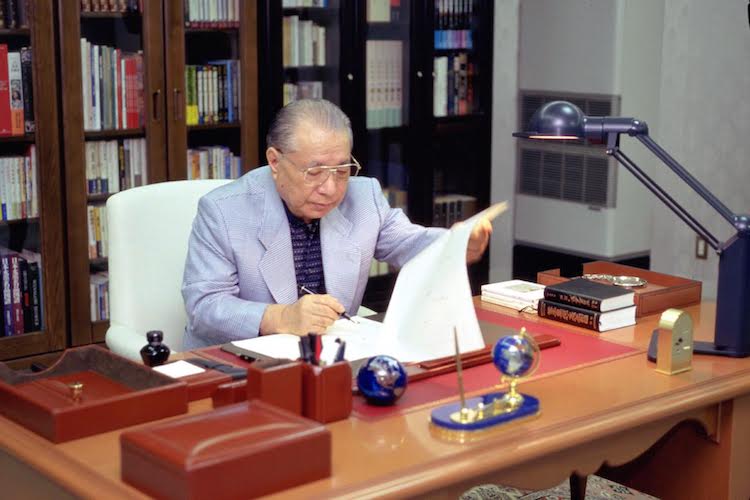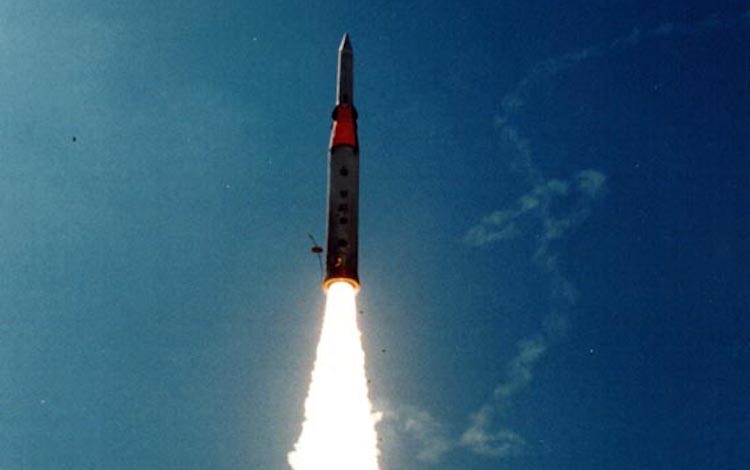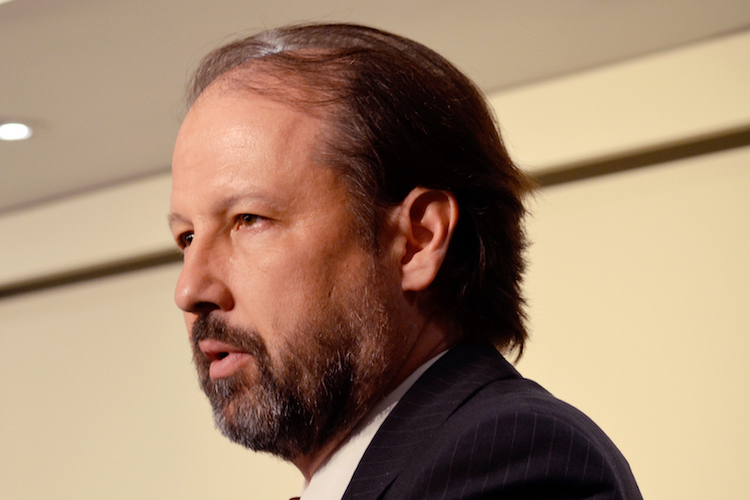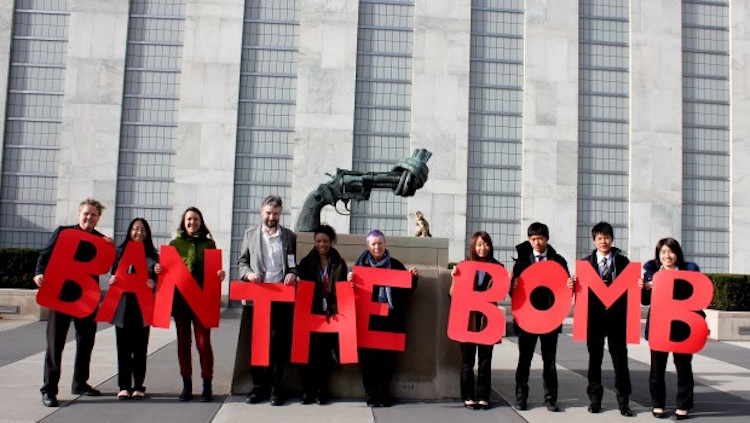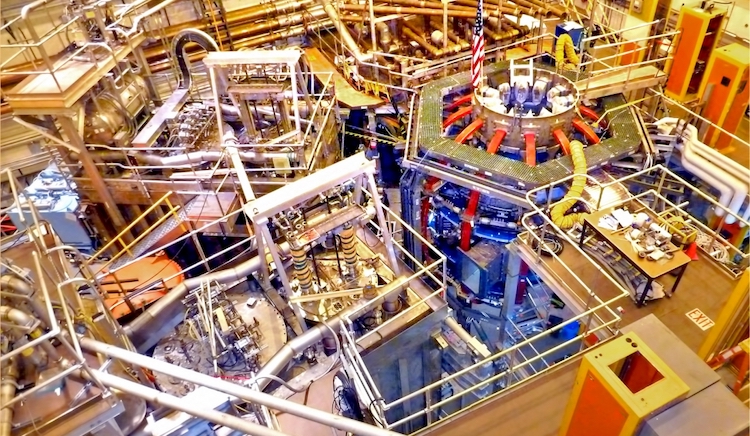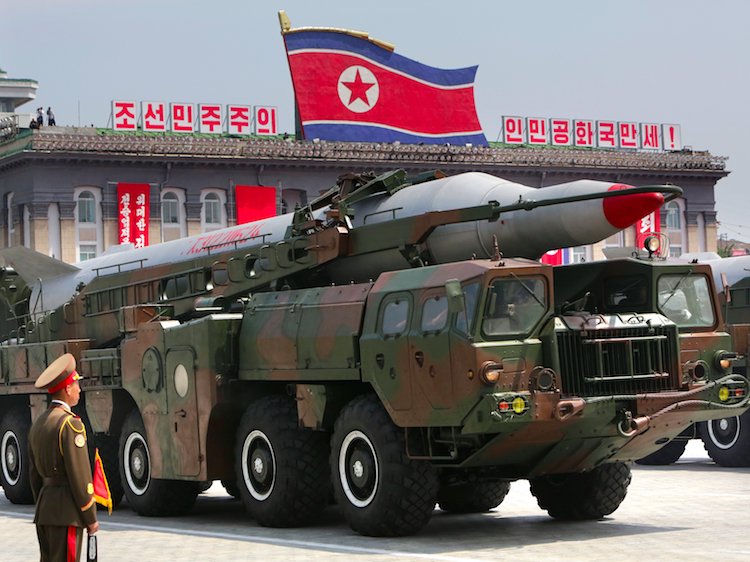By Jamshed Baruah
UNITED NATIONS (IDN) – While welcoming the adoption of the United Nations Treaty on the Prohibition of Nuclear Weapons “as a vital step toward the goal of a world free from nuclear weapons”, Faith Communities Concerned about Nuclear Weapons have in a ‘public statement’ called for its universal acceptance and implementation.
The Treaty, adopted on July 7, 2017 at the UN Headquarters in New York, lays out detailed provisions stipulating a comprehensive ban on the development, production, possession, stockpiling, testing, use or threat of use of nuclear weapons. It is the result of intensive negotiations at the UN involving more than 120 governments and many civil society representatives.

